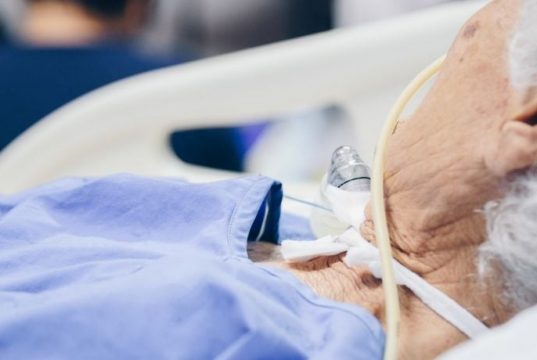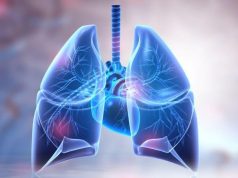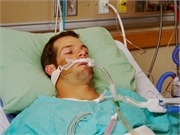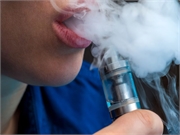Pulmonology
Home Pulmonology
CDC Removes Prescribing Guidelines for Antimalarial Drugs
Guidance statement is now shorter than the previous version and no longer provides dosage information
Children With COVID-19 Do Not Always Have Cough, Fever
73 percent of children had fever, cough, shortness of breath versus 93 percent of adults age 18 to 64
Children Have Milder Disease Course, Better COVID-19 Prognosis
Diagnostic presentation has been similar to that of adults, but with less severe pneumonia
Celiac Disease May Slightly Increase Mortality Risk
Increased risk seen for overall mortality and cardiovascular-, cancer-, and respiratory-related death
Guidelines Developed for COVID-19 Patients in ICU
54 statements issued on infection control, diagnosis, hemodynamic support, ventilator support, therapy
‘Mod’ E-Cigarette Users Smoke More Cigarettes One Year Later
Those who use mods versus vape pens smoke more than six times as many cigarettes at one-year follow-up
Side Effects Seen With Use of Chloroquine Against COVID-19
Some Swedish hospitals have stopped using the antimalarial drug due to severity of side effects
Compliance Higher if Stay-at-Home Extensions Are Shorter Than Thought
Results more pronounced among individuals who were already fully complying with self-isolation
Serious Concerns Associated With COVID-19 Pandemic Reported
Respondents report difficulty obtaining hand sanitizer, food, childcare; concerns include getting sick
Extracorporeal Membrane Oxygenation Might Aid in Severe COVID-19
Three of eight patients receiving ECMO support successfully weaned off ECMO after 22, 40, 47 days



















